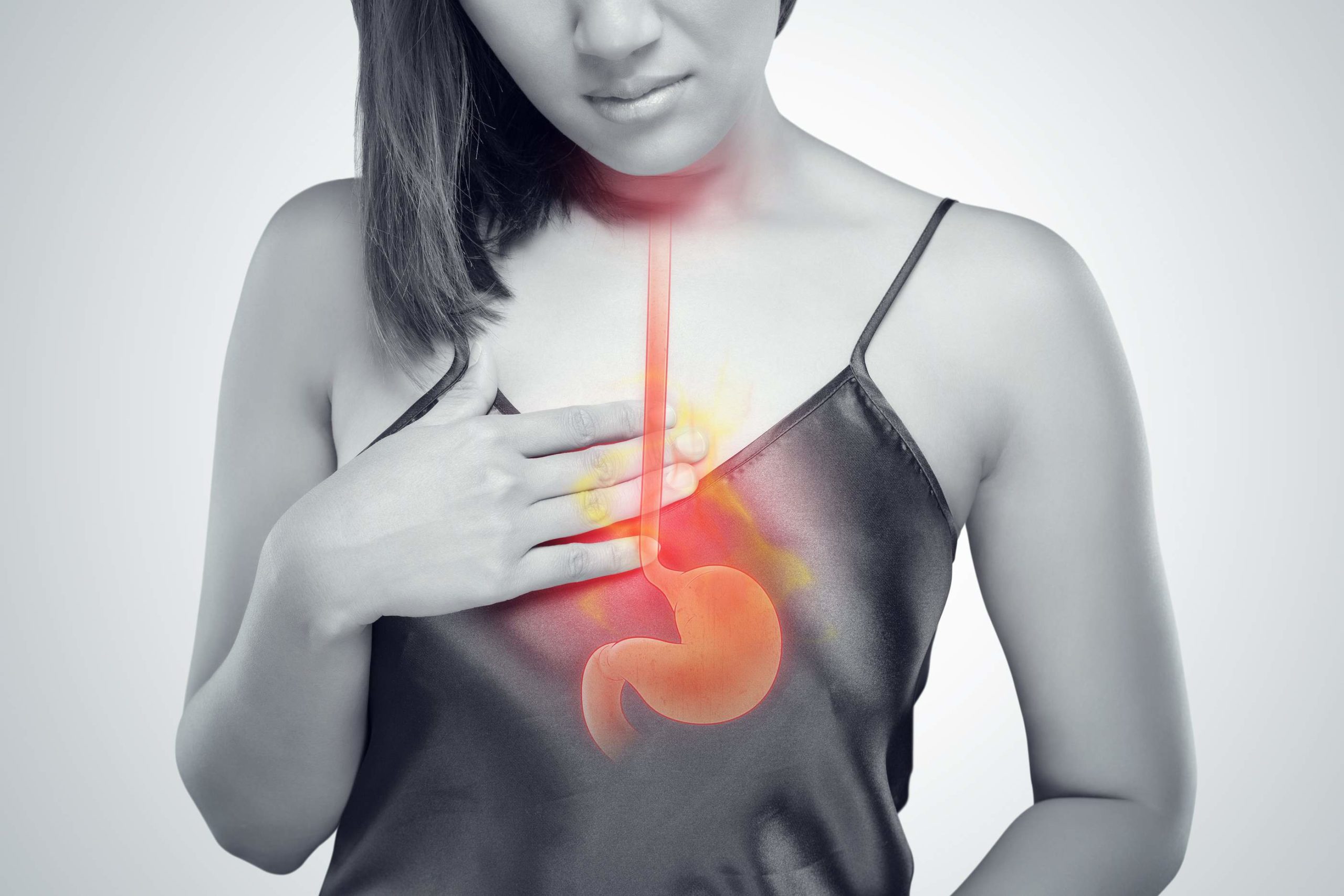It’s been a hot topic among legal scholars since the Magna Carta: How do you apportion liability between two parties who were both negligent in causing your injuries? And what if you were negligent as well? Unfortunately, scholars and legislators still argue these questions, and each of the 50 states has a slightly different way of answering them.
Generally, legislatures throughout the United States adopted three main legal systems to apportion fault. This means that whether you can get compensation for your personal injury claims depends entirely on the law of the state in which you were injured, and the states do not agree. Read on to learn about the Florida comparative negligence law and your personal injury claim.
What is Comparative Fault?
The first system for determining whether you are entitled to compensation for your injuries if you were partially at fault for them is called “comparative fault,” and it was the original system of fault apportionment used in the United States and England. Under this system, if the judge or jury determines that you were even 1 percent negligent in causing your own injuries, you can recover nothing from the party who was 99 percent negligent. Virginia is one of only two states that still follow this scheme.
In Virginia, for example, if you are walking down the sidewalk and a manhole cover was negligently left open and you fall down the hole and injure yourself, you generally cannot seek recovery for your injuries because the condition was “open and obvious.” The rule is that if you could have seen the danger and avoided it, you are comparatively negligent for causing your own injuries—and that is a complete bar to recovery. Many legislators have seen the inherent injustice in comparative fault, so the remaining two systems used in the majority of states today developed.
Is Florida a Comparative Negligence State?
Florida follows what is known as a “pure comparative fault” system, in which your level of negligence is not a bar to recovery for your injuries even if you were mostly at fault for them. Florida negligence law states that “contributory fault chargeable to the claimant diminishes proportionately the amount awarded as economic and noneconomic damages for an injury attributable to the claimant’s contributory fault, but does not bar recovery.” In other words, if the jury found that you were 80 percent at fault for the accident, then you would still be able to recover 20 percent of your damages from the other party.
Modified Comparative Fault
As you can imagine, not all lawmakers agreed that a pure comparative fault system was fair if it allowed the party who was primarily responsible for the accident to sue and recover from a less negligent party. Accordingly, many states have adopted a modified comparative fault system whereby injured parties can only recover for personal injuries if they were less than 50 percent or 51 percent liable.
For example, if a jury finds that you were 49 percent liable for the accident, you can still recover 51 percent of your damages from the other party. If you are found 51 percent liable, however, you may not recover anything from the other party.
What is Joint and Several Liability?
When three or more parties are considered to have caused an accident, the question becomes who you can recover compensation from and for how much. Florida has abolished “joint and several” liability, which is an old legal principle that allowed you to choose who you wished to recover the full amount of damages from. For example, let’s say you were driving Car A and were injured in an accident caused by both Car B and Truck C. The jury determines that you are not at all at fault for your injuries, but that Car B is 90 percent at fault and Truck C is 10 percent at fault.
If Truck C had better insurance than Car B, you used to have the right to demand that Truck C pay all of your damages despite sharing fault with Car B. Truck C could then sue Car B for contributions to the damages. This is no longer the law in Florida, and as such, drivers involved in multi-car collisions are only responsible for the percentage of fault attributable to them.
Florida Car Accident Claims
Florida has a pure comparative fault system means that even if you were partially at fault for your injuries, this is not a bar to suing for damages. If you suffered injuries in a car accident, however, just because you can sue under comparative fault principles does not mean you don’t face other barriers to recovery. Florida law sets a medical “threshold” for personal injuries in car and truck accident cases, meaning that your injuries must meet certain seriousness pre-qualifications if you wish to pursue a personal injury claim in Florida courts. Four categories of injuries in Florida meet the “threshold” standard:
- Significant and permanent loss of an important bodily function
- Permanent injury within a reasonable degree of medical probability
- Significant and permanent scarring or disfigurement
- Death
The principle behind the threshold is that if injuries are not significant or permanent, insurance policy limits should provide sufficient compensation. If they do not, you should be permitted to have your claims adjudicated by a jury of your peers under pure comparative fault principles. Although litigation can take longer than using your no-fault benefits or settling your claim early with the liable insurance company, it may also result in greater recovery of damages.
You should speak with your Clearwater car accident attorney about your options. While your attorney can generally handle negotiations with the liable insurance company without your direct involvement, litigation does require your testimony, additional evidence, and possible court appearances during the course of what could be years.
Contact a Clearwater Personal Injury Attorney to Discuss Your Case
If you’ve been injured in an accident and are concerned about your potential level of fault, a qualified Clearwater personal injury lawyer can discuss Florida’s comparative fault principles with you. Attorneys at the Dolman Law Group Accident Injury Lawyers, PA can analyze the facts of your case and explain your options for financial recovery under Florida law. Contact them online or at (727) 451-6900 for a free, no-risk consultation.
Dolman Law Group Accident Injury Lawyers,
PA 800 North Belcher Road
Clearwater, FL
33756 727-451-6900







